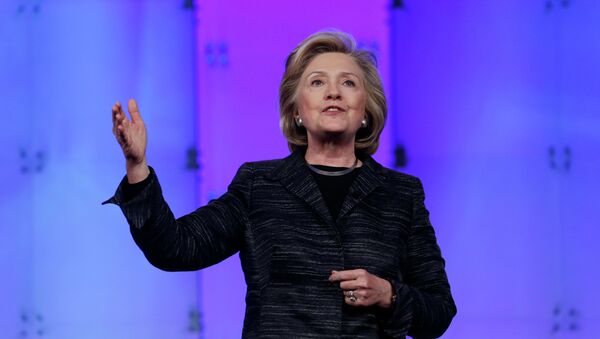According to federal law, letters and emails written and received by federal officials, including the secretary of state, are considered government records and are intended to be retained so that congressional committees, historians and members of the news media can eventually review them.
Republicans in Congress want the emails to check her story regarding the 2012 attack in Benghazi, Libya. Islamic militants attacked the American diplomatic compound in Benghazi killing U.S. Ambassador J. Christopher Stevens, the first U.S. Ambassador killed in the line of duty since 1979.
The fact that Clinton has been able to nitpick what emails she turned over has Republicans as well as government transparency advocates angry and concerned.
On his site, Boehner listed several examples in which he says the White House has been less-than-forthcoming in responding to requests for official correspondence.
For example, in May 2013, the White House offered documents and emails related to UN Ambassador Susan Rice’s talking points regarding the Benghazi incident in response to a Congressional investigation. However, relevant emails were not made available for another year.
"Just this week, a U.S. District Court judge blasted the Environmental Protection Agency (EPA) for destroying emails requested in 2012 under the Freedom of Information Act (FOIA)" the Speaker’s website said. "Separately, former EPA Administrator Lisa Jackson infamously used a fake email address and the alias '"Richard Windsor.'"
In another incident, this one regarding the troubles launch of the Healthcare.gov health exchange website, Centers for Medicare and Medicaid Services Administrator Marilyn Tavenner sent an email to a subordinate asking her to “please delete this email.”





